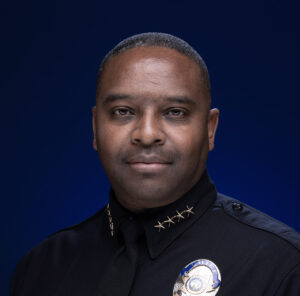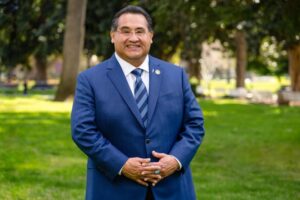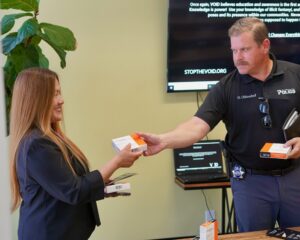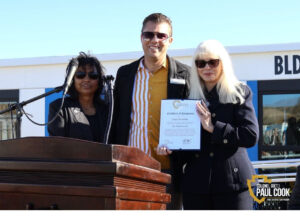Perspectives of a deputy coroner
5 min read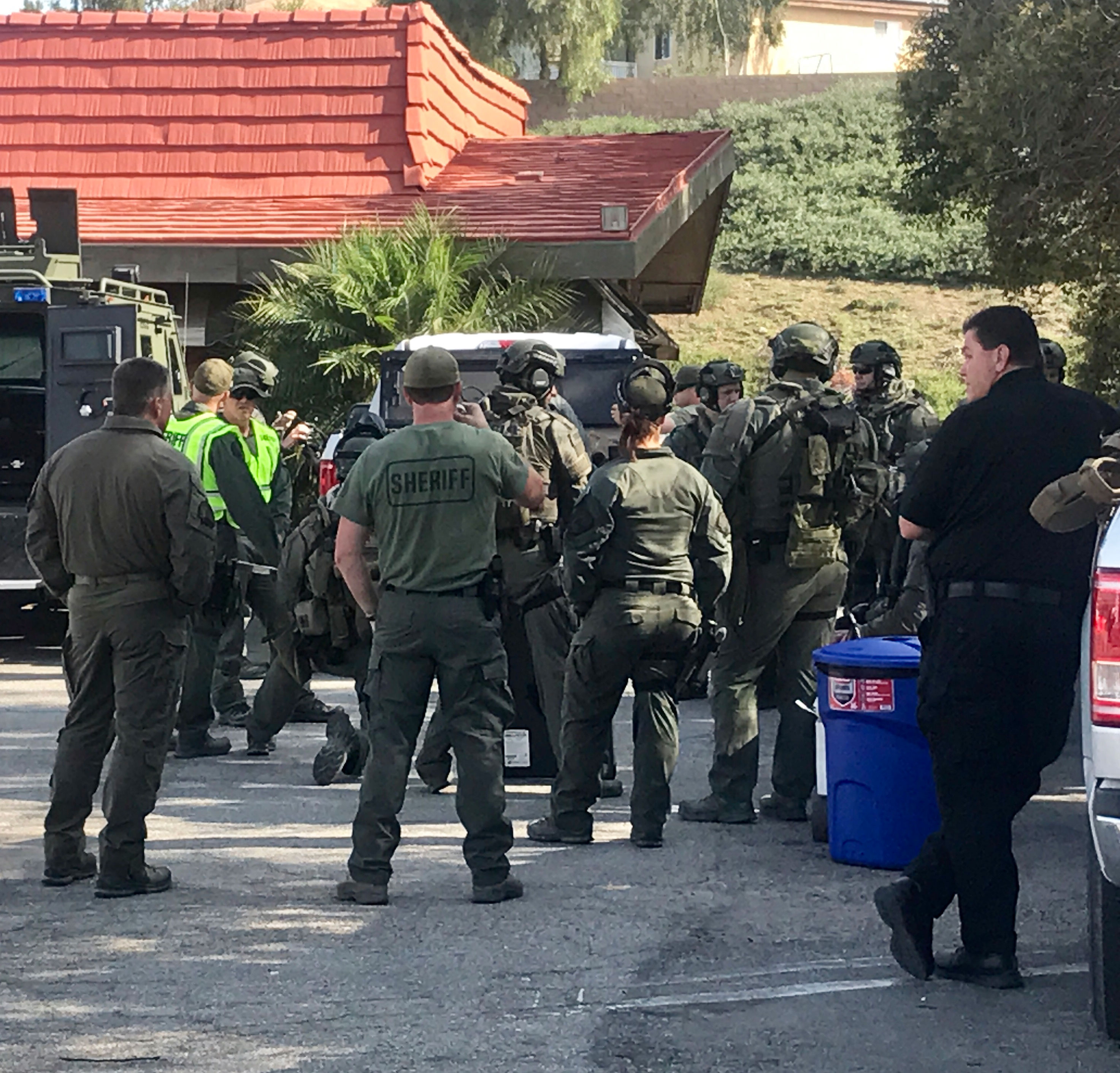
Photo SB County Coroner's Office: A deputy coroner investigates the cause and mode of death.
A deputy coroner is a crucial career within law enforcement.
From conducting investigations to determining the cause and mode of death, contacting descendants of the deceased, to helping families go about making the tough transition during such a trying time, deputy coroners wear many hats and put themselves on the line when in the field.
We had the opportunity to sit down with County of San Bernardino Deputy Coroner Marlene Leyva to discuss how one can become a deputy coroner. We covered her journey to success, and discussed the critical aspects that come along with this gut wrenching career.
What inspired you to become a deputy coroner?
ML: Initially I wanted to be a pathologist, but I had a tough time in chemistry. I did not have that much motivation from my family. I was a first generation college student, so I went out myself and made contact with a lieutenant at the County of Los Angeles Coroner’s office when I was 18. The Lieutenant explained investigative pathology to me. When he explained that the investigative side was out in the field and on the streets, it was clear that this was my direction.
What schooling did you obtain?
ML: I started at California State University, Los Angeles in August of 1994. When I started college I majored in biology, then a year later, I switched my major to Criminal Justice. They had just opened a forensics lab, so I took several Criminal Justice and Forensics courses. I graduated with my bachelor’s degree in 2001.
Did you partake in any internships?
ML: When I was in college, there were absolutely no internships available at that time. Nowadays there are volunteer positions and many internships within the field. Although during this time, I did land a part-time autopsy tech position in Ventura, which gave me experience in my field.
How did you prepare to start applying for your first professional position?
ML: I did a lot of research in the library; I also attended workshops on how to write a resume at my university. When I worked at the mortuary, it was part of my job to go to the coroner’s office to pick up bodies and I always used that time to ask questions and network. Nowadays I advise students to completely immerse themselves in the field, go shadow, and go volunteer. There is so much more opportunity available to walk in a professionals shoes, in order to get first-hand, hands on experience.
What are some hardships one may face when breaking into business?
ML: The biggest hardship was the fact that there was not an abundance of coroner’s offices around. In Southern California, there are only five coroner’s offices—it is a small group—I had to be persistent. I applied four times to the County of San Bernardino before they called me in for an interview. I was never discouraged though; there was always a sense of encouragement from the coroner’s office, telling me I needed just a little bit more experience.
How can you catch a hiring manager’s attention through a resume?
ML: Education always makes an applicant stand out. In addition, volunteer work and internships are the best way to gain experience in this field. You get to experience first-hand if the position is right for you and then have the ability to have our management team guide you here at the County of San Bernardino Coroner’s Office.
To anyone pursuing a career as a deputy coroner, experience is important, because it is such a divergent field. You are exposed to death and body fluids almost every day. This job is not something that grows on you; you can handle it or you cannot.
What are your job duties?
ML: It’s my responsibility to establish the cause and manner of death, identification, notification, securing any property, and handling final arrangements.
How difficult is it to notify family about the death of their loved one?
ML: The first time I was scared and worried about breaking the news. However, once I realized it was not about me, I learned how to be a source of compassion and assistance to these families during these difficult times.
What type of critical impact do deputy coroners have on the public?
ML: Our biggest impact is bringing the family truth and giving them answers as to how their loved one passed away. We literally guide them through the entire process, we are the initial guidance – giving them information and closure.
Are you still as passionate about your career compared to when you started?
ML: I am definitely still passionate about my job today. Even after going back to school, I still love it. There are no two days that have been the same in the past 12 years I’ve been here.
How has your career changed you?
ML: The major change has been personal growth. Career wise I’m happy where I stand. The biggest change within me has resulted from working with people experiencing a loss every day; you start to live a life where you don’t stress about small stuff anymore. I take advantage of letting people know how I feel and letting them know how important they are to me.
In what ways has the job shifted from when you started 12 years ago?
ML: As an office, we have changed quite a bit in the technical realm. We’re doing a lot better in regards to how we document incidents, we’ve grown as investigators with time and training. We have digital devices now, which take fingerprints and the device identifies people. We have computers that we take out on scene; it makes the job so much quicker.
Is there anything else you would like to add? ML: Don’t give up, you can achieve anything you want in this world. Do your research, and most importantly, go shadow a professional in whatever field you’re interested in, to see if that’s the career you want to do for the rest of your life. If anyone has any questions or interest in a career as a deputy coroner, send them my way.
